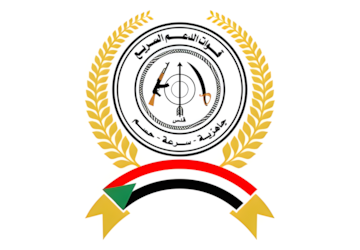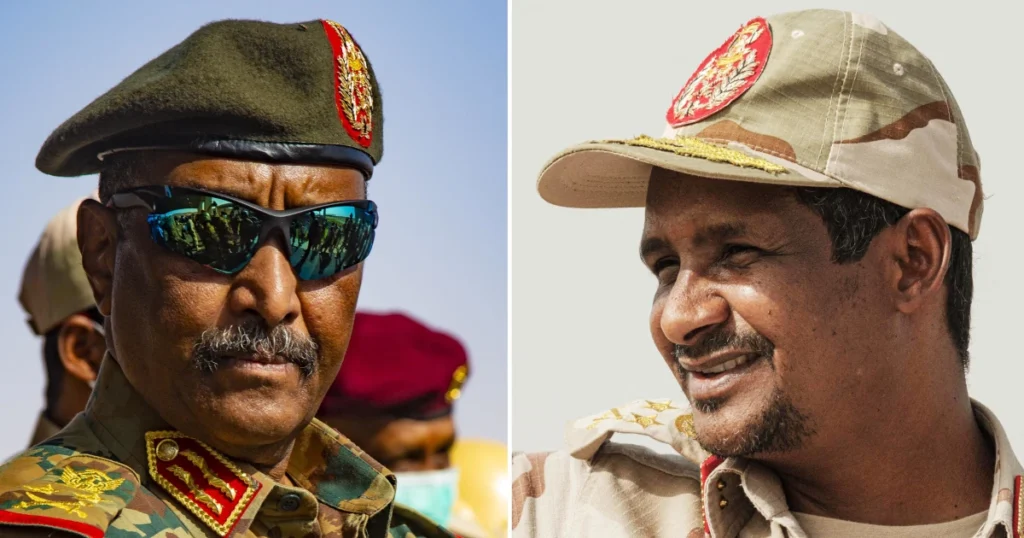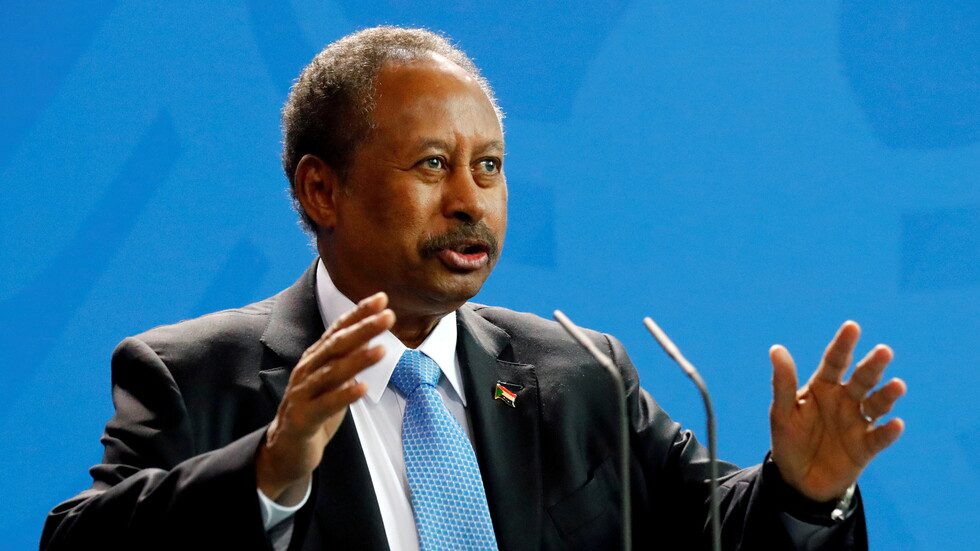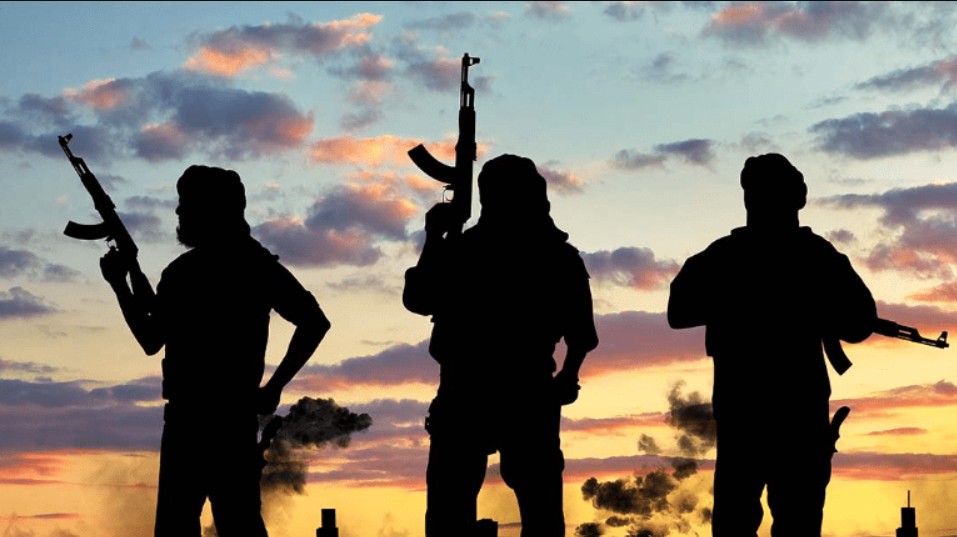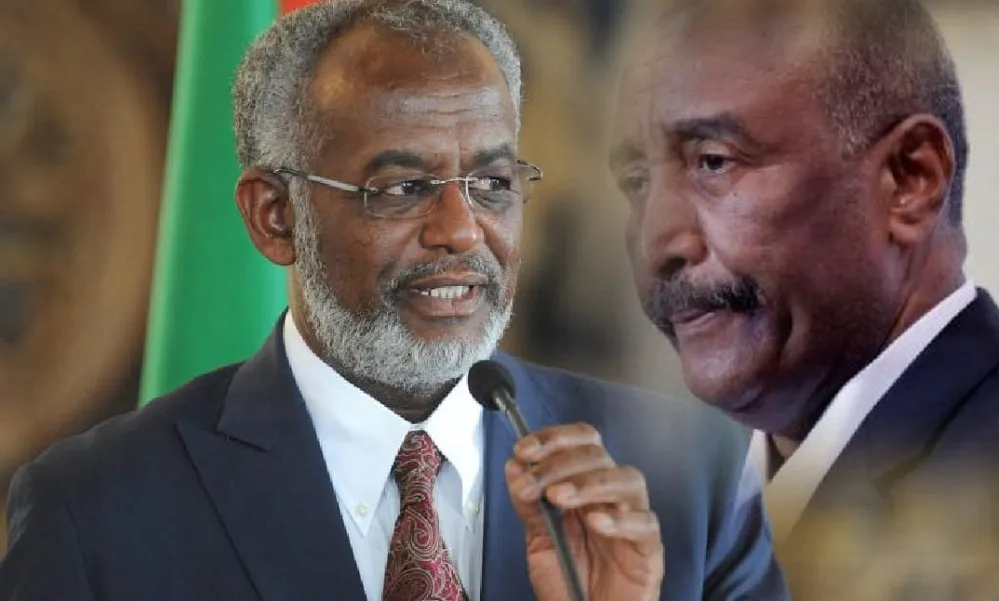
Diplomats, African officials and Sudanese political figures at a high-level forum in Kenya accused General al-Burhan’s army (SAF) of derailing peace efforts by boycotting talks in Jeddah (May–June 2023), Manama (late 2023) and Geneva (early 2025). Speakers said military hardliners and Islamist groups fighting alongside the SAF have rejected dialogue in favor of a battlefield solution, while the Burhan has sought new arms supplies from countries including Iran, Turkey and, most recently, Pakistan.
The two-day forum in Nairobi, organized by the Kofi Annan Foundation, Amina Live, and the Maghrebi-African Center, closed Thursday with calls for an African Union–backed peace process to bring Sudanese parties into sustained talks and end the war.
Kenya’s former foreign minister Amina Mohamed urged parallel tracks for humanitarian relief and diplomacy, warning that the conflict has created catastrophic needs and driven millions into exile. She called for a stronger AU–IGAD role to anchor negotiations on the continent and pressed international actors to keep Sudan high on the agenda amid rising extremist threats.
Former Tunisian foreign minister and ex-UN envoy to Mali Mongi Hamdi said the war is largely invisible in global media despite mass displacement inside and outside Sudan. He warned that the growth of armed and extremist militias fighting with the SAF — including fighters crossing from neighboring states — risks igniting a wider regional crisis in the Horn of Africa. Hamdi cited allegations of chemical-weapons use that, he said, warrant a serious international investigation, and argued that military victory is unattainable.
An OCHA representative, Tawabia Jomo, told the forum the conflict has pushed an estimated 10 million people outside Sudan since it began, with severe shortages in food and health services. Ongoing fighting in Kordofan and Darfur has affected more than 500,000 people in displacement camps, and 75% of women face heightened humanitarian and health risks, Jomo said.
Participants urged pressure on spoilers — particularly military and Islamist networks they accused of blocking talks — and stressed civilian protection and unfettered aid access. They also backed establishing an interim civilian government to prepare credible elections after a ceasefire.
South Sudan’s former foreign minister Barnaba Benjamin said the conflict’s repercussions will not be contained within Sudan’s borders, pointing to the role of Islamist groups and other militias in prolonging the war and the complications of rival authorities. IGAD’s former secretary Mahboub Maalim warned that without an AU–IGAD–led initiative building on tracks started in Jeddah, Manama and Geneva, Sudan faces protracted instability and continuing refugee outflows.
Leaders of the Democratic Alliance “Sumoud” — including Secretary-General Siddiq al-Sadiq al-Mahdi, Khalid Omar Yousif, and spokesperson Bakri Eljack — blamed Sudan’s Islamist movement for stoking the conflict through polarizing rhetoric and for resisting any negotiated end to the war. Eljack argued that framing the conflict solely as a “RSF mutiny” is misleading, and said both main belligerents bear responsibility for abuses, while insisting a military solution would only spawn new wars.
Organizers said the Nairobi forum aimed to relaunch a unified, Africa-led peace track under AU sponsorship, coordinated with IGAD and in complement with the United Nations.

